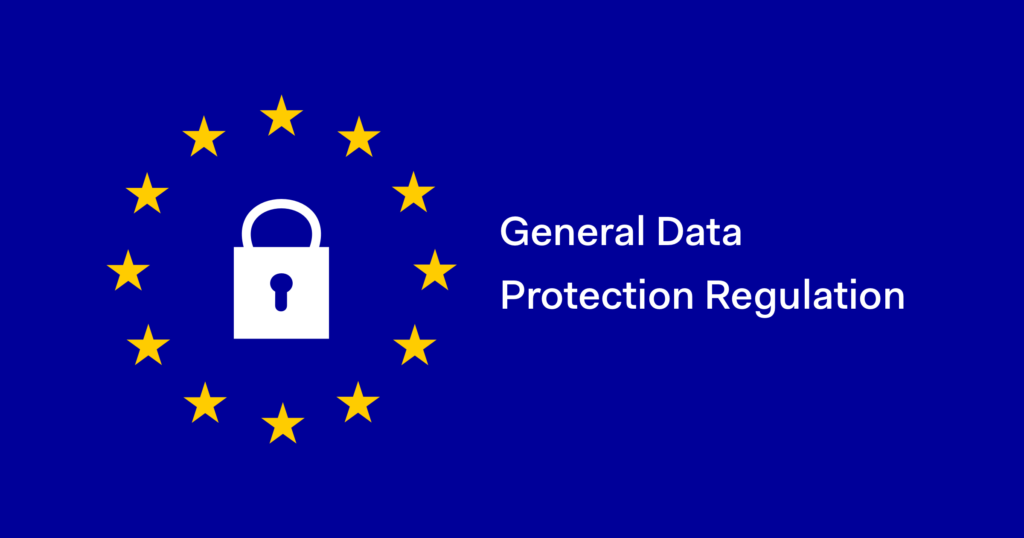
In the event that the court disagree with his conclusion that Google was not a data controller, the Advocate General address the third question, the right to be forgot . It held that the right to freedom of information and expression take precedence over any such right to deletion, and urge the court not to allow such conflict to be resolve on a case-by-case basis, as this would likely lead to automatic de-linking. objectionable content or an uncontrollable volume of request operate by the most popular and important Internet search engine service provider. “
Also read: derecho al olvido
Court decision
The Court of Justice of the European Union decided that the operator of the Internet search engine is responsible for the processing that it carries out for the processing of personal data appearing on websites published by third parties, retaining the right to deletion.
First of all, the court considered the substantive scope of the directive. The court reject Google’s argument, support by the court lawyer, that it cannot be consider as a data controller against the literal interpretation of Article 2(b) of the Data Protection Directive , its definition and reliance on Lindqvist .
Establishment
Regarding the territorial scope of the directive, the court noted that Google Spain is Google Inc. a subsidiary in Spanish territory and thus an “establishment” within the meaning of the Directive. The court rejected Google Inc. argument that it did not carry out data processing in Spain, finding that the promotion and sale of advertising space by its subsidiary Google Spain is sufficient for processing within the meaning of the Directive.
A contrary decision would have undermined the effectiveness of the directive and the fundamental rights and freedoms of individuals that the directive seek to guarantee. Thus, the court confirm the opinion of the trial lawyer that Google Inc. and Google Spain should be treat as a single economic entity.
Also read: mario costeja
Responsibility
Regarding the obligations and responsibility of the search engine operator, the court found that in this case, Article 7 point f of the Directive on the Lawfulness of Processing requires a balancing of the conflicting rights and interests of the data subject (González) and the controller (Google), taking into account the rights of the data subject arising from Articles 7 of the Directive (private- and respect for family life) and from Article 8 (protection of personal data) of the Charter of Fundamental Rights of the European Union .
Article 14 point a of the Directive, which deals with the rights of the data subject, allows the data subject, at least in the cases covered by Article 7 points e and f, to object at any time for valid legitimate reasons to the processing of data related to him in a specific situation, unless national legislation provides otherwise. Article 12(b) of the Directive, which deals with the data subject’s right of access to data, allows the data subject to demand the deletion of data.
Also read: sharenting significado
Supervisory Authority
Such a request may be submit directly to the controller, who must then properly investigate. If the request is not satisfy, the data subject can direct the request to the supervisory authority or legal authority to carry out the necessary check and order the data controller to implement specific measure accordingly.
Regarding the question relate to the so-call right to be forgot , the court note that Google Spain, Google Inc., the Greek, Austrian and Polish government and the European Commission consider that this question should be answer in the negative.
Insufficient
However, the court found that the processing of “insufficient, irrelevant or excessive” (i.e. not just inaccurate) data may also be contrary to the directive. In such cases,
if the data is inconsistent with the provision of Article 6(1)(e) to (f) of the Directive regarding data quality, the information and link in the list of result must be delete. It is not necessary for the information to harm the data subject.
